100 Women: Can women change the world in a week?
- Published
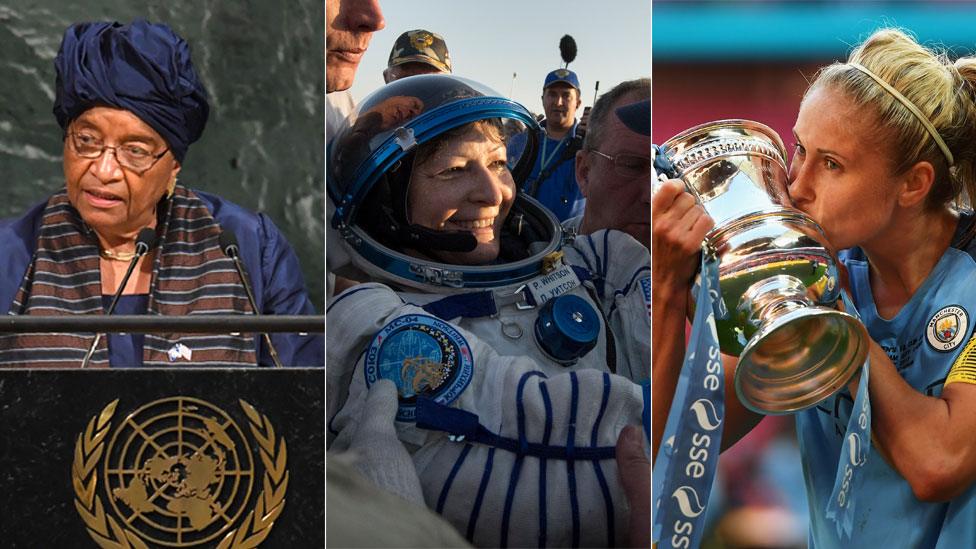
The BBC's award-winning 100 Women news season is back and breaking new ground.
So far just the first 60 names have been announced, including Nasa astronaut Peggy Whitson, President Ellen Johnson Sirleaf of Liberia and England footballer Steph Houghton.
The other 40 will be added during the season this October.
The annual series - which shines a light at issues affecting women all over the world - is this year encouraging women to make a change.
The line-up also includes performance poet Rupi Kaur, acid attack survivor Resham Khan and dancer and TV star Jin Xing.
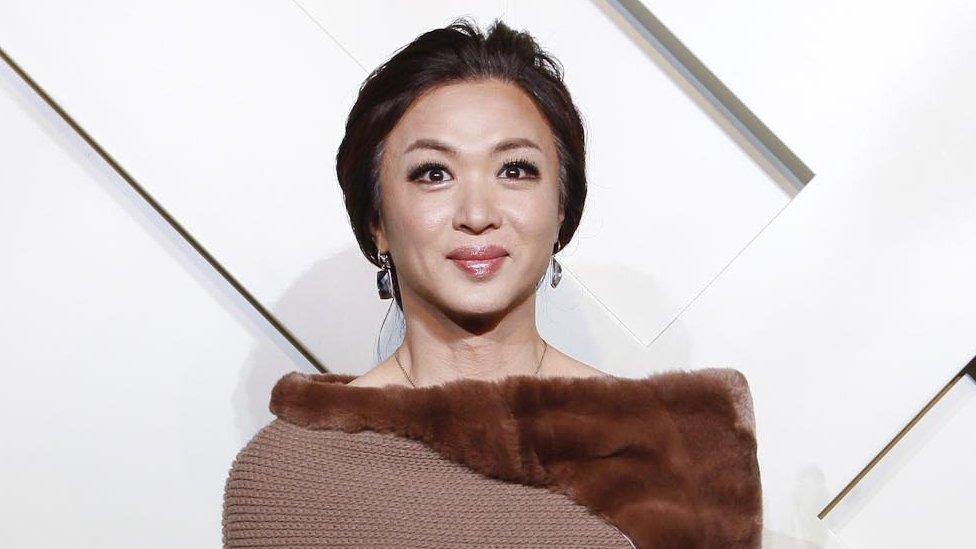
Seemingly endless stories of harassment, inequality, and simply less visibility in many spheres of society, can feel depressing and disempowering.
So we are asking the women in this year's season to create innovations to tackle some of these inequalities.
Now in its fifth year, 100 Women will be looking at four issues: the glass ceiling, female illiteracy, street harassment and sexism in sport.

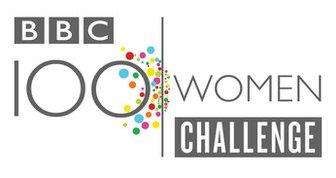
What is 100 Women?
BBC 100 Women names 100 influential and inspirational women around the world every year. In 2017, we're challenging them to tackle four of the biggest problems facing women today - the glass ceiling, female illiteracy, harassment in public spaces and sexism in sport.
With your help, they'll be coming up with real-life solutions and we want you to get involved with your ideas. Find us on Facebook, external, Instagram, external and Twitter, external and use #100Women
Read more: Who is on the 100 Women list?

Some of the people on the 100 Women list will work together in four different cities in the four weeks of October to make an innovation that will aim to help people affected by these problems.
Others will provide support and inspiration from their locations around the globe.
The final 40 names, will be added during the week, as more women get involved and share their own ideas and expertise.

If 100 Women is to succeed in the challenge, it will be because women around the world have helped shape the understanding of how and why these problems matter.
Because they've shared a great idea that they've seen. Or because they've come up with something themselves.
It's not just about ideas either - 100 Women will have conversations on radio, online and on social media.
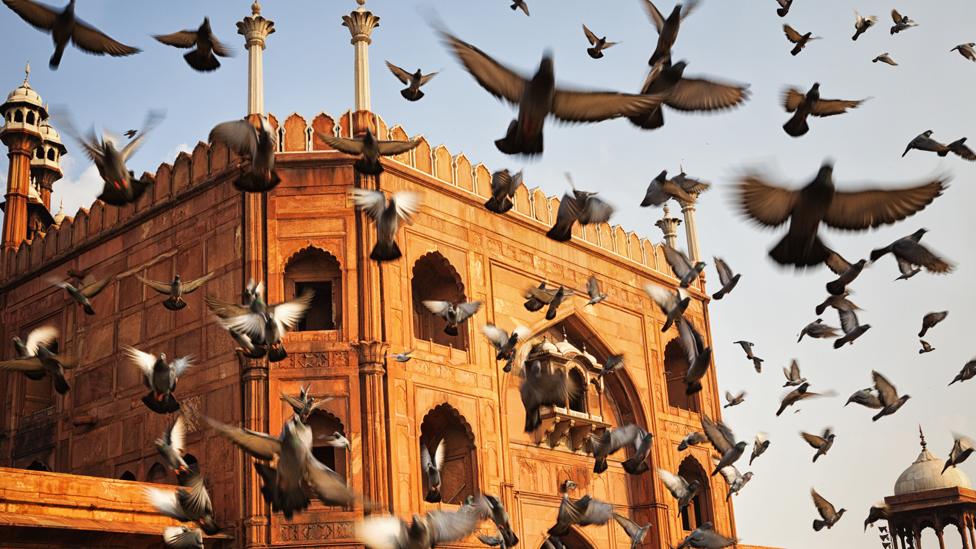
The glass ceiling challenge is based in San Francisco, the female illiteracy challenge is based in Delhi, the street harassment challenge is based in London with help from a team in Nairobi, and the sexism in sport is based in Rio - but the conversation has to be global and we want to hear from women all over the world.
"In 2015, women hosted 150 debates in 10 languages and 30 countries, in 2016, people added 450 deserving but over-looked women to Wikipedia, and now in 2017 we're taking it to a whole new level of participation," says 100 Women editor Fiona Crack.
"It's going to be exciting but nerve-racking to see what these talented 100 will come up with and if they can pull it off in a month."
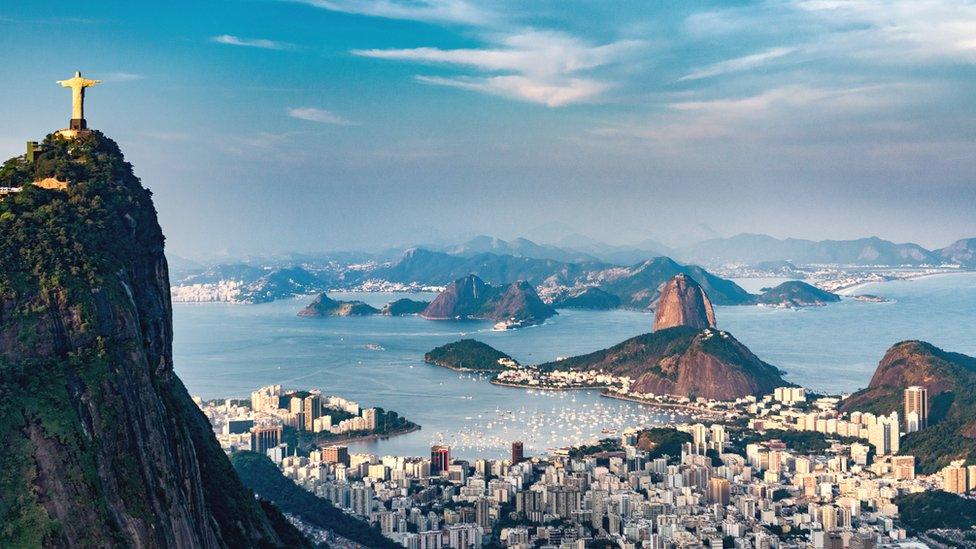
We've got some inspiration to get started, with a look at nine things you may not have realised were invented by a woman.
And a look at some of the global solutions people have come up with already, to tackle health and safety problems facing women.
So get in touch with us on social media, or using the form below. Find us on Facebook, external, Instagram, external and Twitter, external and use #100Women.